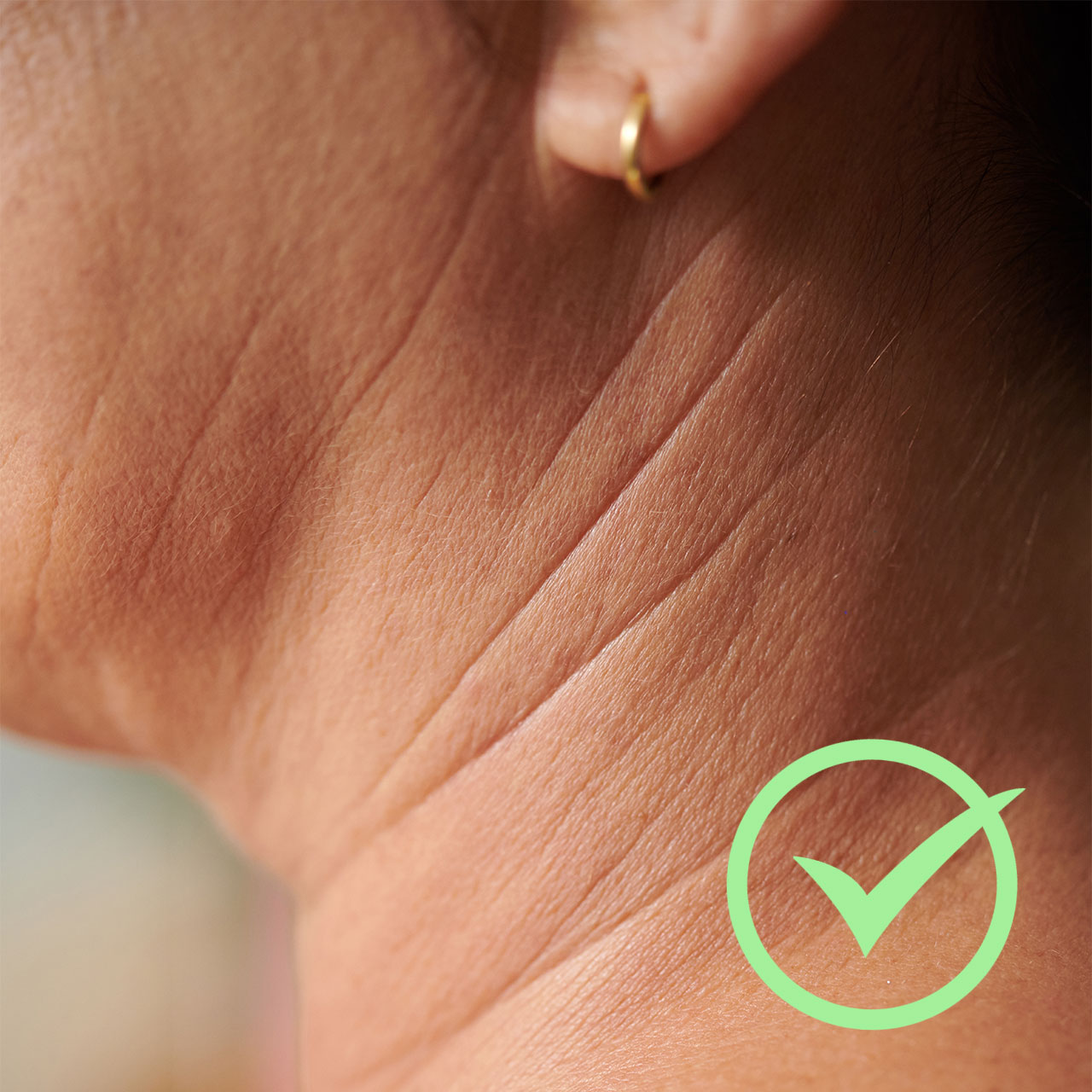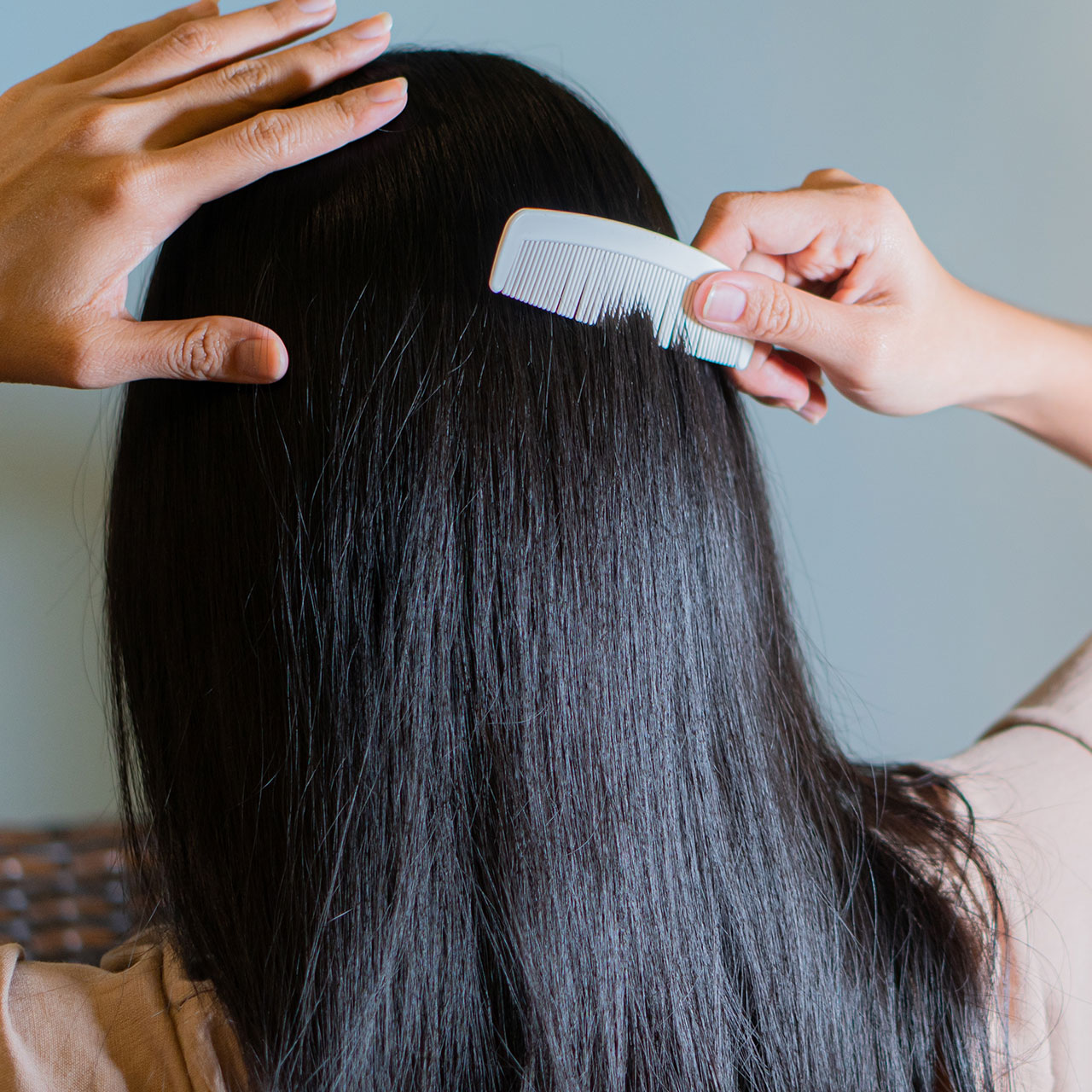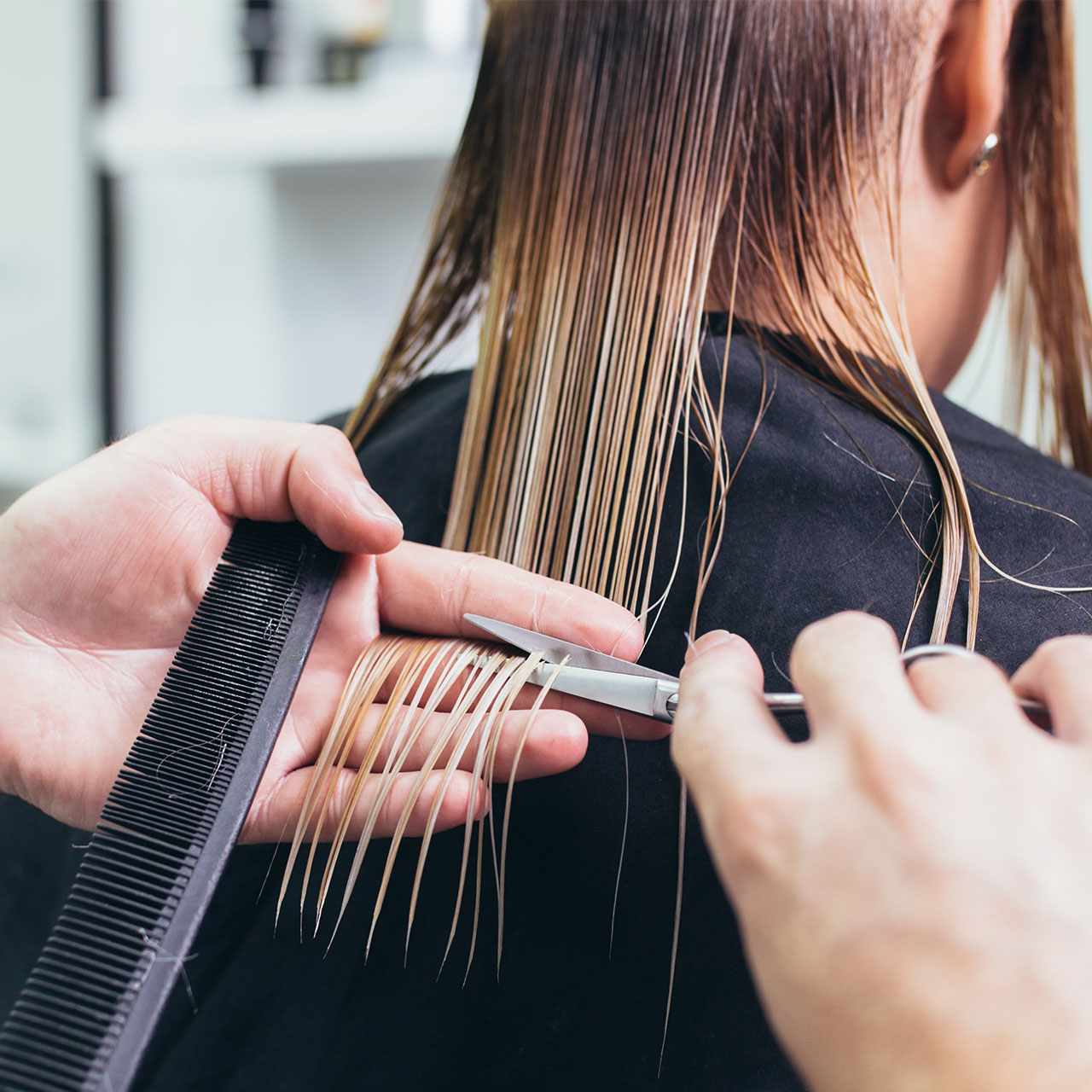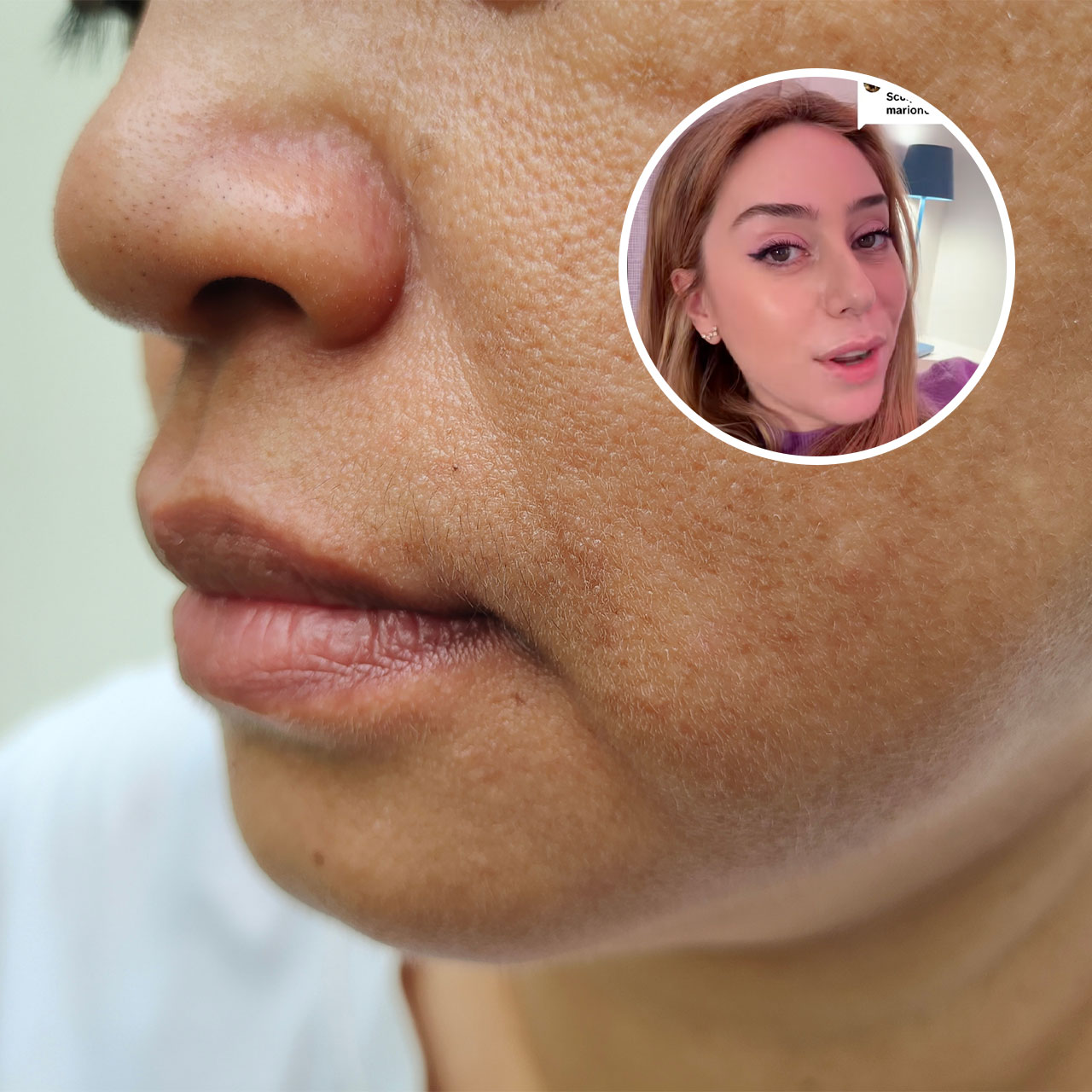This article has been updated since its initial 10/15/22 publish date.
The idea of skin on the face or elsewhere “snapping back” has to do with elasticity. When it comes to your complexion, your diet, use of specific skincare products and genes all play a role. While aging is inevitable and wrinkles are normal, some skincare methods can promote a youthful glow at any age. We checked in with a dermatologist to learn more about preventing premature aging, and how to stop sagging skin in its tracks when you first notice it (by using the right moisturizers!)
To keep your skin looking radiant, healthy, and youthful, moisturizing daily is vital. If you are creating a consistent skincare routine for yourself, including a moisturizer that works for your skin type can immediately help your complexion look more supple and glowy. We asked a skincare expert for two types of moisturizers and other skincare tips for anti-aging beauty. Read on for insight from Dr. Anna Chacon, MD, board-certified dermatologist and writer at MyPsoriasisTeam.


Tip #1— Choose a Non-Comedogenic Moisturizer
When looking out for a great moisturizer, Chacon recommends a water-based option that is free from oils (often labelled as 'gel'). "Gel moisturizers are oil-free and mostly humectants-based with rejuvenators for additional benefits," she explains, stressing that this kind of moisturizer won't add any additional oil to naturally oily skin, and also will not clog pores which can lead to breakouts.

"These moisturizers are good for acne-prone skin, too," she adds. Another key word to look out for when shopping for moisturizers, she says, is 'non-comedogenic,' as this means the product will not lead to clogged pores. "Comedogenic, or the term used to refer to pore-clogging ingredients, are not advisable for acne-prone skin because they can cause breakouts, especially if these ingredients are present at high enough concentrations," she notes.

#2— Skip Cream Products with Fragrances
Regardless of your skin type, Chacon advises that you choose a moisturizer that does not have any added fragrances, as this can irritate sensitive skin, cause breakouts, and even peeling on already dry skin. "For people with sensitive skin, look for fragrance-free moisturizers that are free of parabens and irritants," she recommends. If you have naturally dry and/or sensitive skin, she says to also choose a cream moisturizer "because its thickness means it will feel relatively heavy on the skin and will take longer to dry." This can lead to instant relief in cold weather months without fragrances clogging your pores.
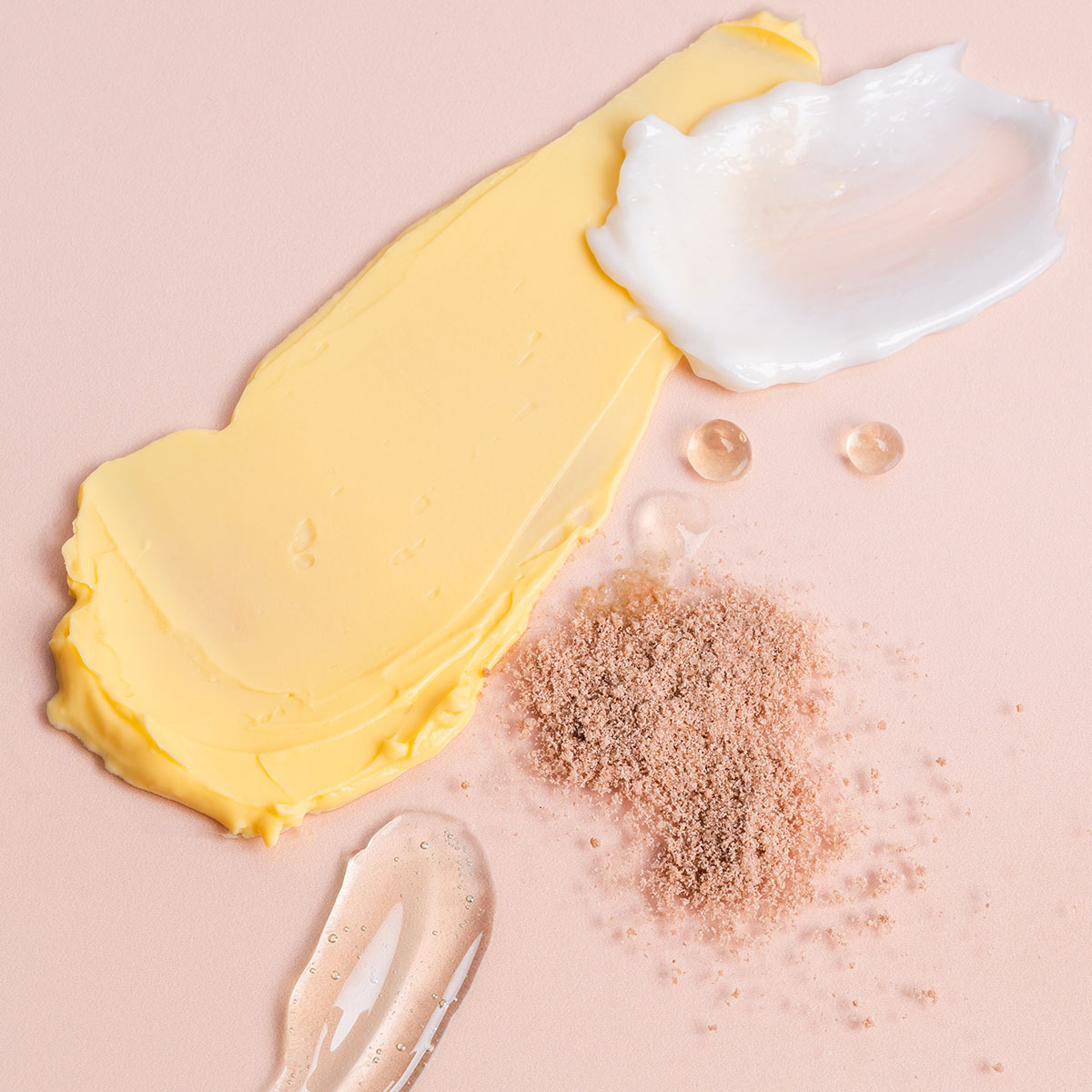
Overall, Chacon says that for normal/combination skin types, "any type of moisturizer will do." If your skin is normal "but on the dry side," she says, you might want to use a "thicker, cream moisturizer." Lastly, if your skin is normal "but on the oily side," a gel or gel cream/water cream "might be best." (All of these should be labelled 'non-comedogenic' and 'fragrance free!')







